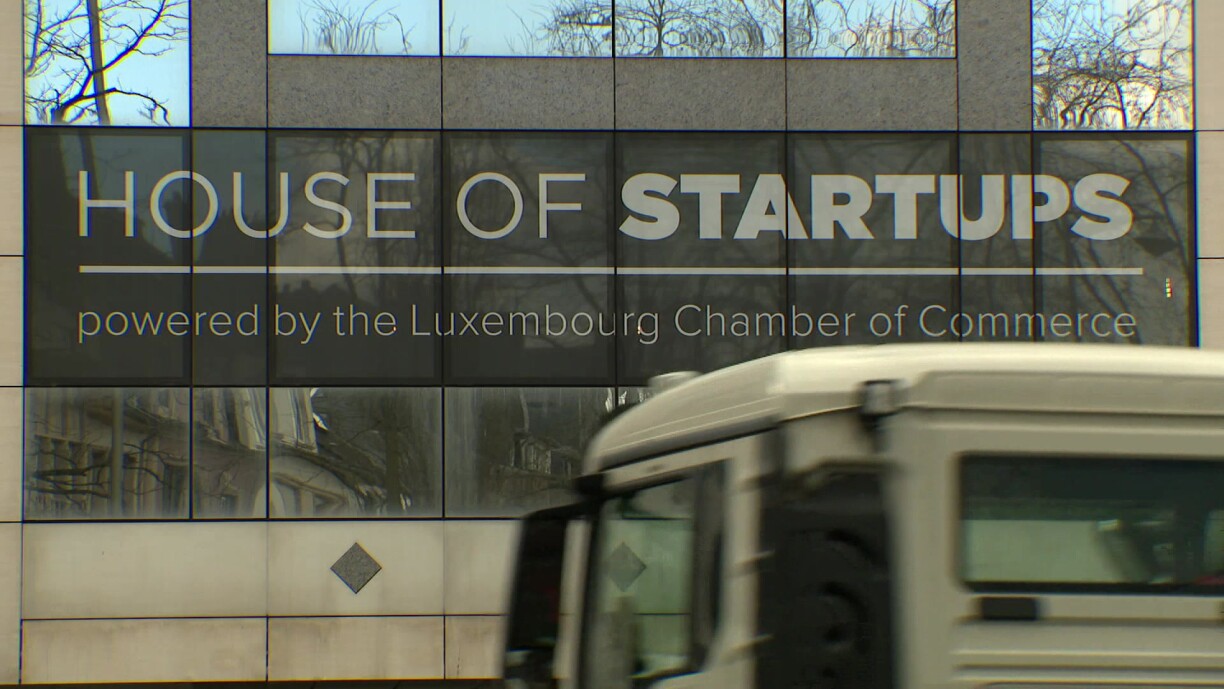
On Monday morning, Economy Minister Lex Delles and Finance Minister Gilles Roth announced a plan to create new fiscal measures for the development of start-ups. The details of the tax incentives will remain unclear until the publication of the draft law. However, it was disclosed that the planned tax incentive will be capped.
Importantly, the tax incentive is one of ten planned measures that the government coalition, of the Democratic Party (DP) and Christian Social People’s Party (CSV), wishes to introduce as support for a variety of enterprises, namely start-ups, scale-ups, and spin-offs. The intention of the government is to create a start-up ecosystem that brings the country economic gains.
Some of the targeted domains for innovation are cybersecurity, deep tech, sustainable development, and health technologies. Naturally, fintech cannot be neglected on the list of domains Luxembourg specialises in, with 280 financial enterprises already well-established in Luxembourg’s financial centre.
Delles mentioned the investment strategy of the so-called Luxembourg Future Funds, set up by the European Investment Fund and the National Credit and Investment Company (SNCI), invest in Venture Capital funds and SMEs (small and medium-sized enterprises) to foster the sustainable development of Luxembourg’s strategic sectors, adding that the SNCI will invest a further €300 million over the next five years to support start-ups with a maximum of €200,000 each.
Scale-ups will also receive support as part of this investment strategy, particularly in the transition period from a small innovative enterprise to a growing enterprise. This step is critical, as scale-ups frequently struggle to find the necessary funds for further growth, according to Delles. Added to these enterprises are the spin-offs, enterprises based on science, technical skills, and assets which act as a bridge between research innovations and their commercialisation.
Delles further explained that public funds will also flow towards private investment funds, ensuring full transparency and accountability through the law. In this regard, Roth adds that their start-up 10-point support plan entails collaboration between public and private funds.
But funding alone is not enough. To make this strategy successful, attracting international talent is essential. With this in mind, the governing coalition of the Democratic Party (DP) and the Christian Social People’s Party (CSV), last year, approved a tax regime for expats. Under this policy, expatriates can file only half of their taxes on the first €400,000 earned for up to eight years.
In this context, a tax regime for stock options is planned, which would allow individuals to become shareholders of the company they are employed in – but only for start-ups, according to Roth. It is important to note that due to sharp criticism, a tax regime for stock options was abolished in 2017 and was replaced by new measures for expats.
Addressing the matter of housing in the context of the increased immigration that these measures would stimulate, Roth answered that the question of gentrification was “pertinent”, while underscoring that efforts to relieve the housing market have been made and will be pursued.